
Pushpinder Jamwal – India
Senior Data Scientist
Pushpinder Singh Jamwal is Senior Data Scientist for the Himalayan Otter Network Data Center. His expertise lies with Niche Modelling, specializing in biodiversity and conservation analysis and interpretation of ecological data, especially for otter conservation in the Himalayan region. His work uses environmental DNA techniques and wildlife monitoring systems, using satellite data and predictive modeling to gather and analyze conservation data. He has technical proficiency in R Studio, Python, Julia, and QGIS. As Deputy Coordinator for the IUCN Otter Specialist Group/Himalayan Region, he is interested in biodiversity research and conservation initiatives for wildlife. Dr. Jamwal has led an initiative to develop and make available to other researchers in the region, the Himalayan Otter Network Data Center.
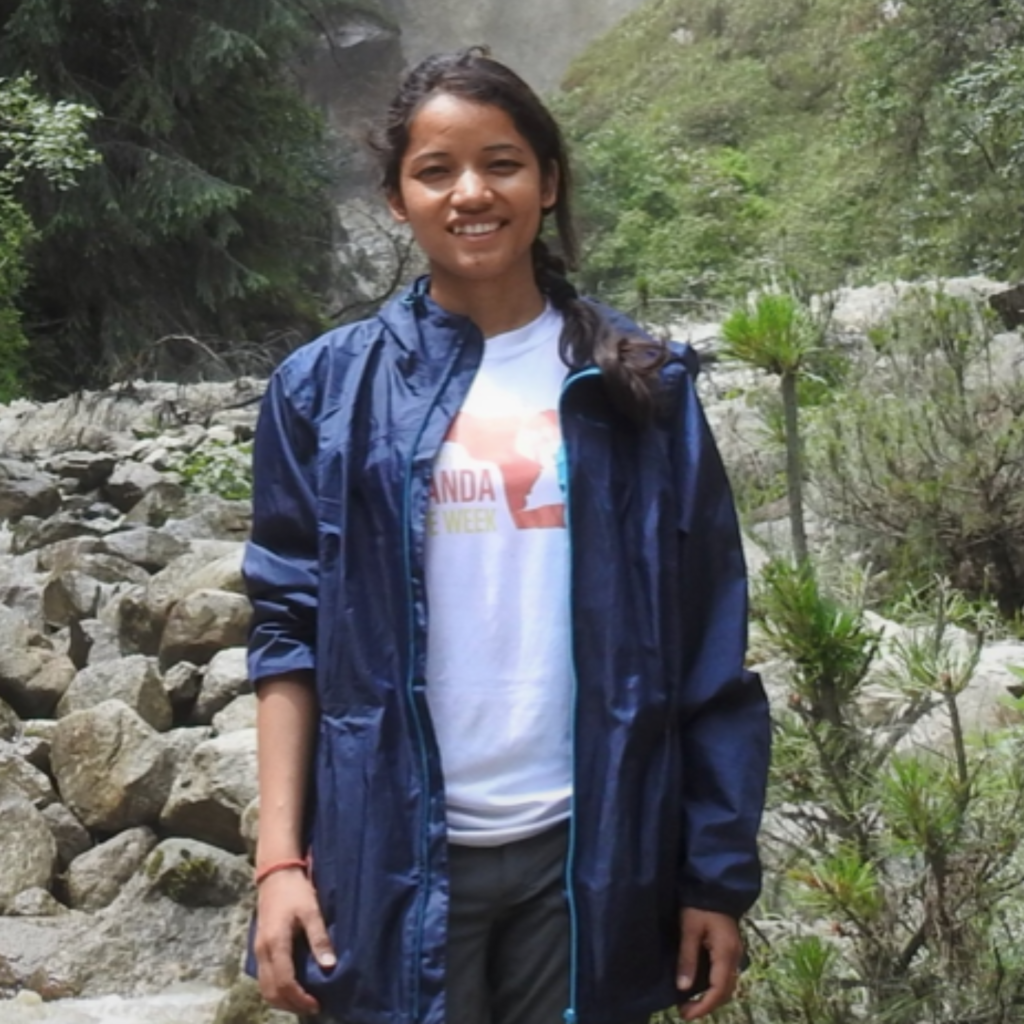
Ranjana Pal – India
Ranjana Pal obtained her PhD from the Wildlife Institute of India, where she studied the ecological and anthropogenic drivers of the distribution of mammals in the Bhagirathi Basin, India. For the last two years, she has been a senior researcher at the Wildlife Institute of India, studying species distribution and conflict issues in mountain ecosystems of India, primarily in the Himalayan region, including otters, in a high-altitude landscape. From June 2023, she will be a post-doc researcher at Brigham Young University, where she will continue her research on otters and other mammals in the Wasatch Range of Utah, US.
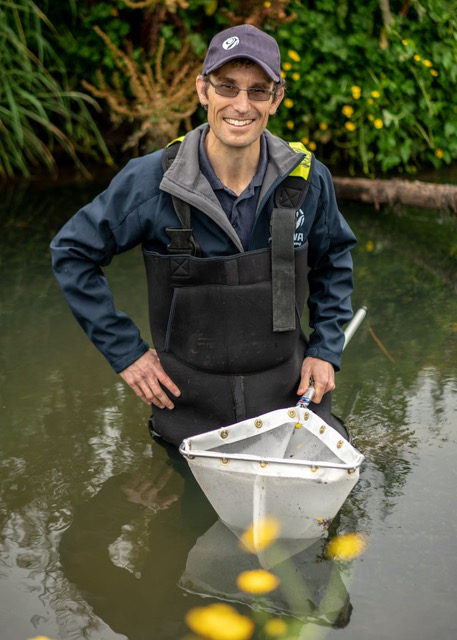
Richard Storey – Nepal
Richard Storey is a freshwater ecologist from New Zealand. He has been living in Pokhara, Nepal since 2020 and is now a postdoctoral fellow with Kathmandu University. His research focuses on the lakes of the Pokhara Valley, mostly related to water quality, but also including the habitats and wildlife in and around the lakes. He is participating in the development of an otter study in Rupa and Begnas Lakes in Nepal.
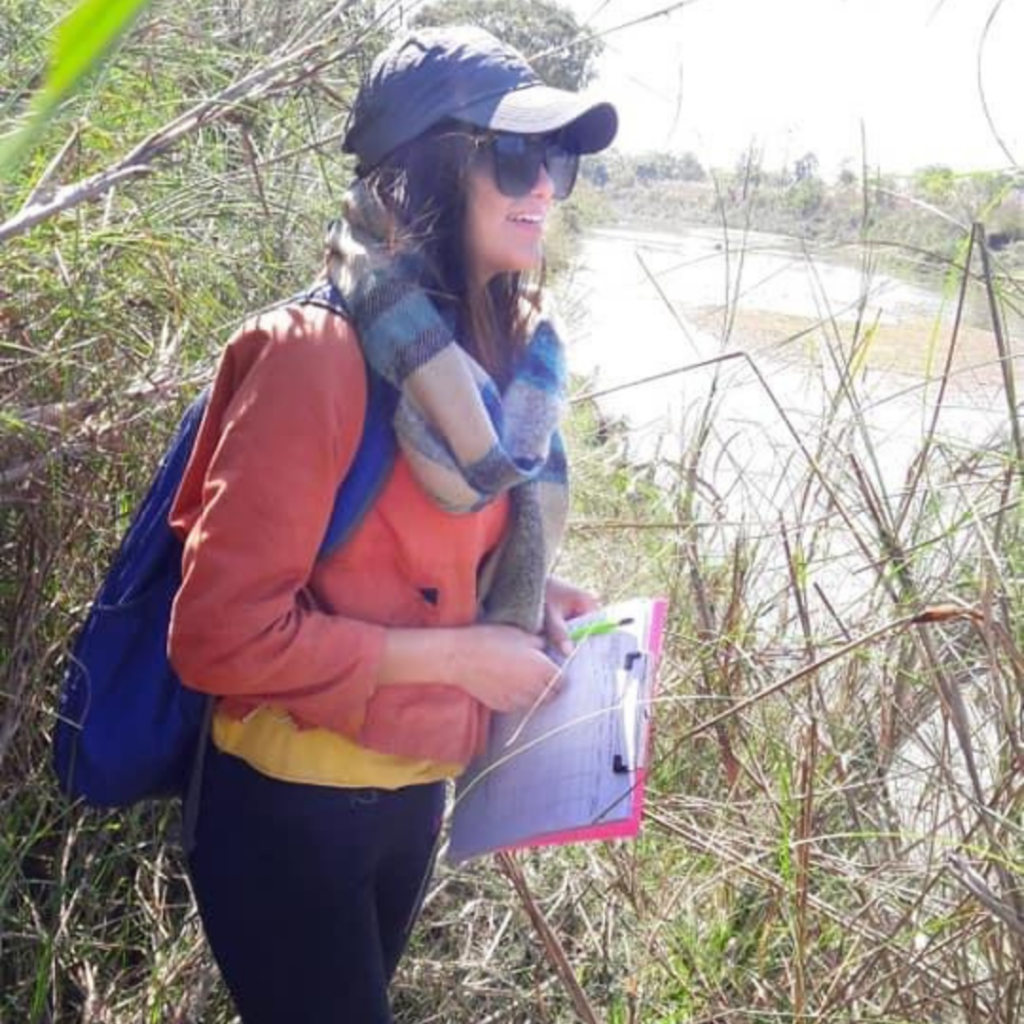
Pramila Thapa – Nepal
Pramila Thapa earned her Bachelor’s thesis studying the distribution and threats to smooth-coated otters in Shuklaphanta NP. She is currently the local project coordinator in Panauti Municipality under Securing Community Forest Rights through Local Government and Coordinated Local Actions Project of the Federation of Community Forests Users Nepal. Pramila is planning to do a Master’s degree researching otter species in Nepal.
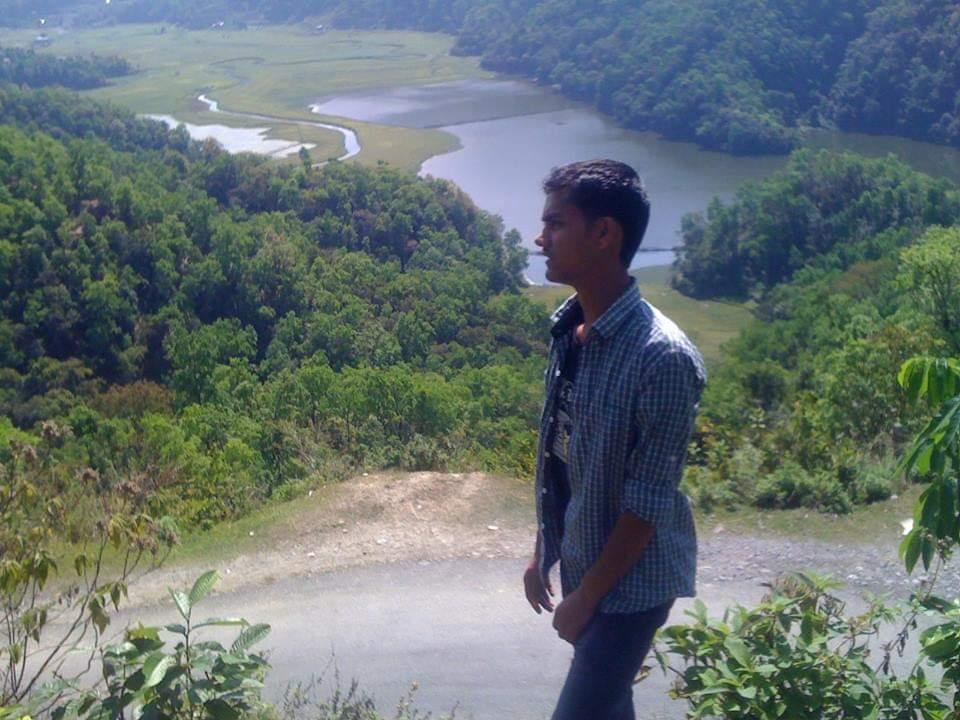
Pravin Giri – Nepal
Pravin Giri is currently pursuing a master’s degree in Forestry at Agriculture and Forestry University, Hetauda, Nepal. He is planning to carry out his master’s thesis in Eurasian otter along the Kaligandaki River in the Myagdi and Mustang districts of Nepal.
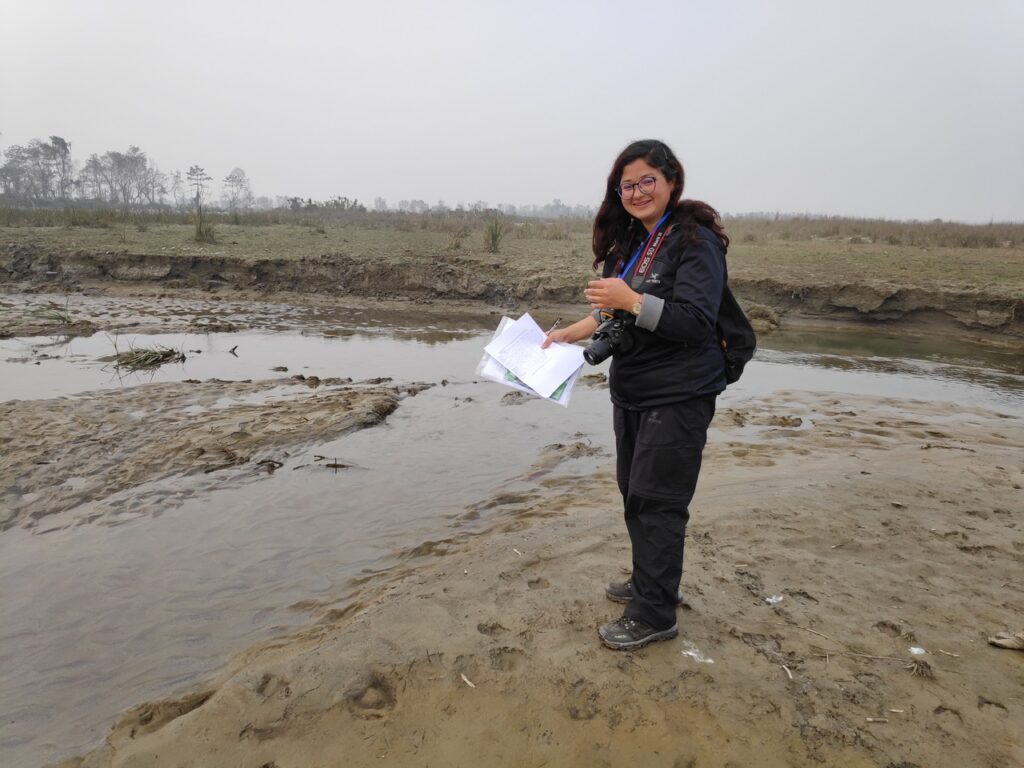
Sujita Dhakal – Nepal
Sujita Dhakal is a wildlife researcher studying otters and other small mammals in Nepal. Dhakal recently completed a thesis on the Smooth-coated otter in Koshi Tappu Wildlife Reserve for her Master’s of Science in Forestry. She is currently planning a camera trapping survey for otters in the Gorkha District. She is founder and director of the Global Youth Biodiversity Network, and employs mass and social media, and webinars for the conservation of small mammals in Nepal.

Dinesh Neupane – Nepal
Dinesh Neupane earned a doctorate in Environmental Sciences at Arkansas State University, and has returned to Nepal to work in wildlife conservation. He recently collaborated with a team of researchers to explore the reasons for the apparent extirpation of a population of Smooth-coated otters from the Narayani River, Chitwan National Park. He currently organizes trainings for wildlife monitoring using camera traps, and plans to further research on the otter populations of the Mahakali River on Nepal’s western border. He is currently a lecturer in the Department of Environmental Science, Tribhuvan University.
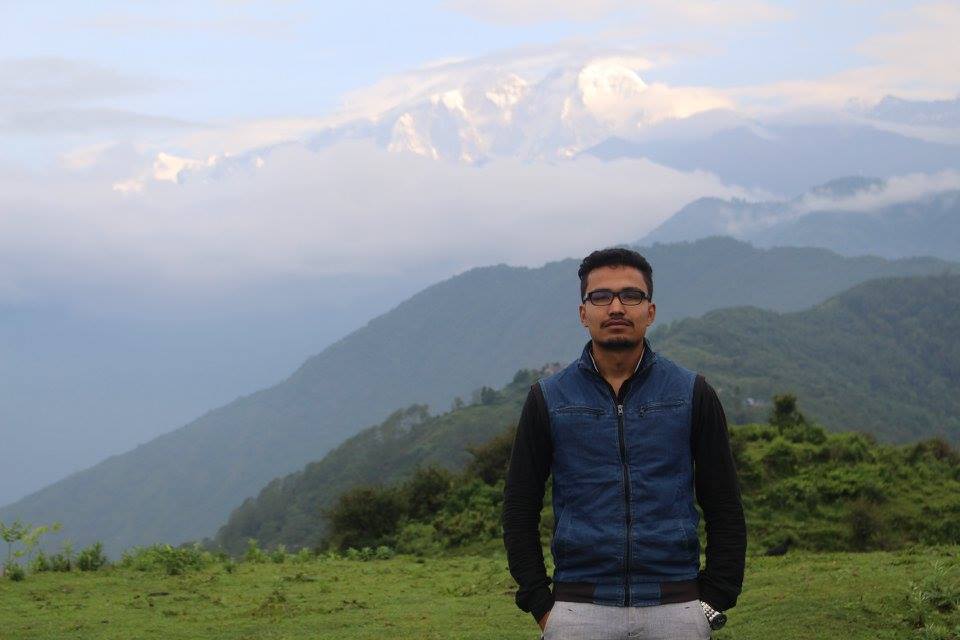
Jibesh Kumar K.C. – Nepal
Jibesh Kumar K.C. works as a Program Officer for Freshwater Program in WWF Nepal. He is working to conserve freshwater habitats of Nepal, including undervalued freshwater habitats, and to identify important rivers based on values such as fluvial connectivity, water quality, biodiversity, recreation, livelihood, and culture. This work has included the identification and mapping of important habitats for otters, as indicators of good water quality, in consultation with otter experts and researchers in Nepal.
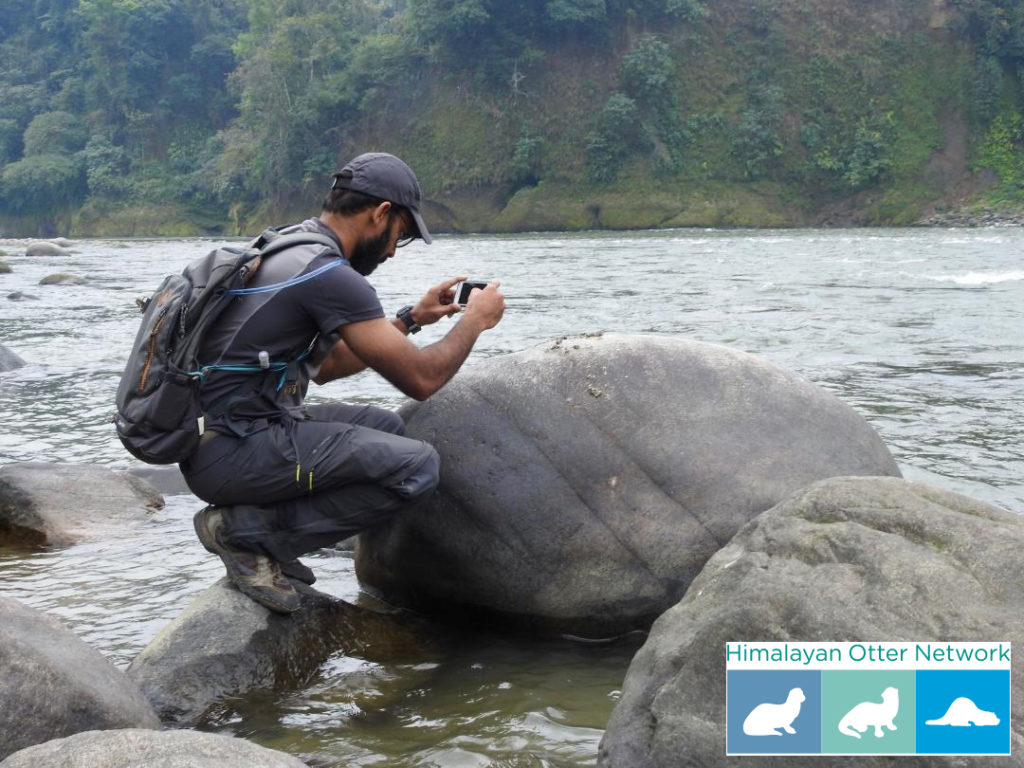
Atul Borker – India
Atul Borker recently completed a rapid survey for otter presence in Pakke Tiger Reserve in Arunachal Pradesh, India, in the foothills of the Himalayas. Eurasian otters and Asian small-clawed otters were recorded during the survey. He also developed a rapid survey model to establish otter presence.
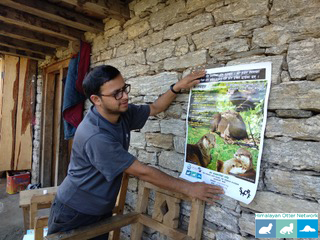
Subarna Ghimire – Nepal
Subarna Ghimire is a zoologist and research officer at Himalayan Research and Conservation in Kathmandu, Nepal, working on wetland conservation. He recently conducted a public awareness program about otters in communities on the Kailash River in Western Nepal. He is currently preparing for an otter survey along the Madi River in central Nepal.
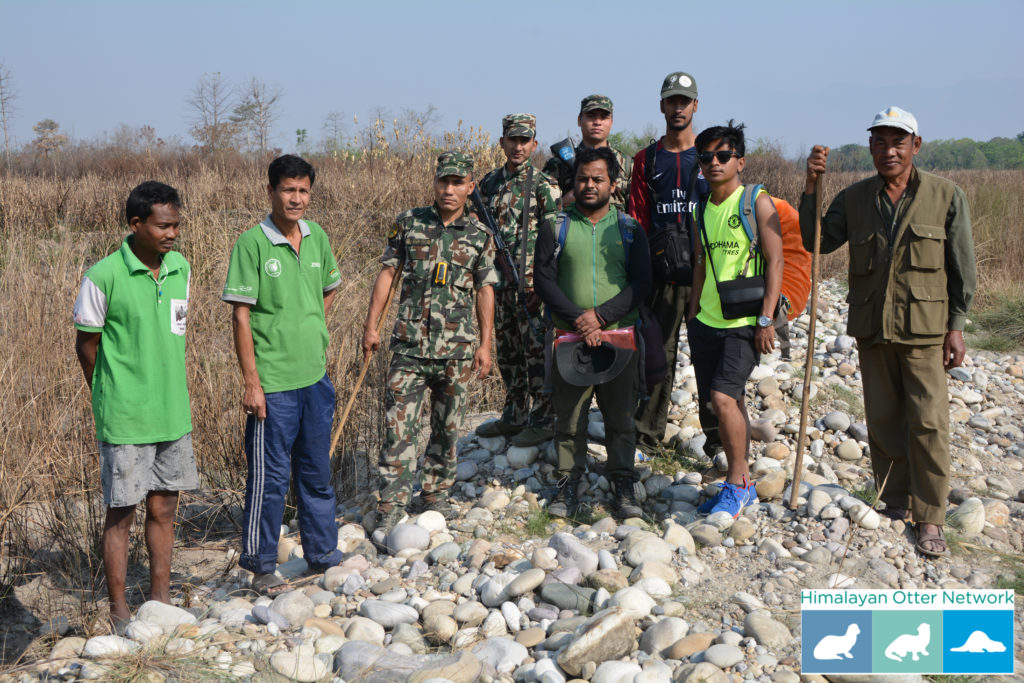
Rohit Raj Jha – Nepal
Rohit (in the photo, in the middle holding a hat in his hands) complete a B.Sc. Thesis on “The Distribution Status of Smooth Coated Otter (Lutrogale perspicillata) and Anthropogenic Factors: a case study from Karnali Corridor Nepal” in and near Bardiya National Park. He is currently in a two-year M.Sc. program in Wildlife Biology and Conservation at the National Center for Biological Science, Bangalore. He recently submitted a chapter called “Otters in Nepal” for a forthcoming book on the Himalayas and Rivers of Nepal.
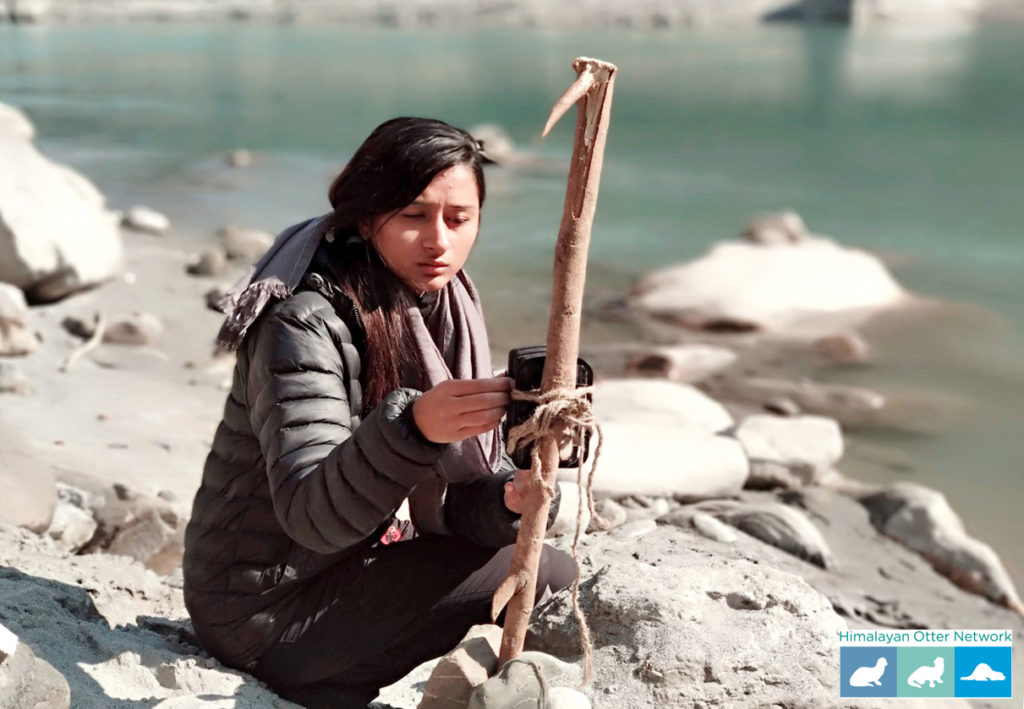
Aarati Basnet – Nepal
Aarati has completed a bachelor’s degree in Forestry Science from Institute of Forestry, Pokhara, Nepal. She has been awarded a Small Mammal Research Fellowship by the Small Mammals Conservation and Research Foundation of Nepal to conduct an otter survey in the Budigandaki River of Nepal, where she has already conducted preliminary research on otter presence, including a key informant survey and camera trapping. She entered a Master’s Program at Frostburg State University in the US in the fall of 2021, where her studies have been generously supported by the American Association of University Women.

Sayanti Basak – India
Sayanti is a Master’s student at the Wildlife Institute of India, Dehradun. Her passion for wildlife and wetland conservation drove her to pursue her dissertation on the resource use and distribution patterns of smooth-coated otters in the sub-Himalayan river systems of Uttarakhand, India. Studying a species so sensitive to changes in its habitat can answer many questions regarding the safety and conservation of both the species itself in the region and the rivers, which form the lifeblood of the people of Uttarakhand.

Sagar Dahal – Nepal
Sagar Dahal is a zoologist and wildlife conservationist of Nepal. He is the President of Small Mammals Conservation and Research Foundation and a faculty member of Tribhuvan University. He is currently conducting a national online otter presence/absence questionnaire survey in Nepal and preparing booklets on the thirteen species of otters. He is keenly interested in carrying out otter research in the Eastern Himalayas of Nepal.
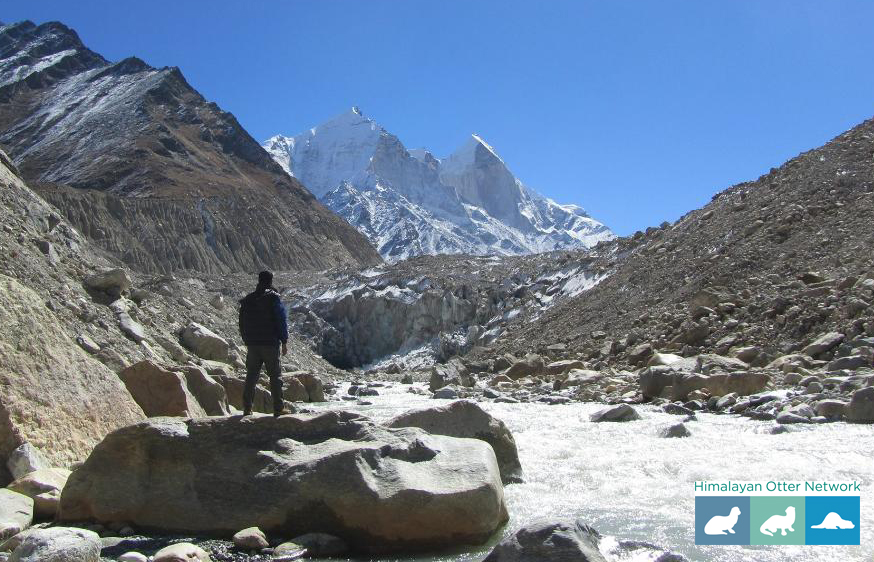
Nishikant Gupta – India
Nishikant is currently surveying the population status and distribution of otters in the Indian Himalayan State of Uttarakhand. He holds a PhD degree from King’s College London, UK, and is currently working as a Programme Officer for the Koshi Basin Initiative at the International Centre for Integrated Mountain Development (ICIMOD) in Kathmandu, Nepal.
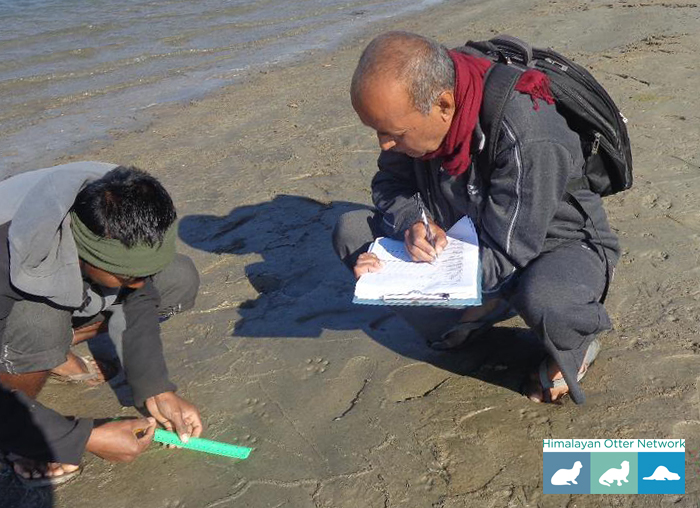
Paras Acharya – Nepal
Acharya has published extensively on the ecology of otters including a 2011 review of the status of otters throughout the country. Recently, he has investigated the habitats and population status of smooth-coated otters in Babai Valley and the Karnali River of Bardia NP. He is planning on carrying out studies of the habitat requirements and feeding ecology of smooth-coated otters in the Khauraha, Geruwa and Karnali rivers of Bardia NP.
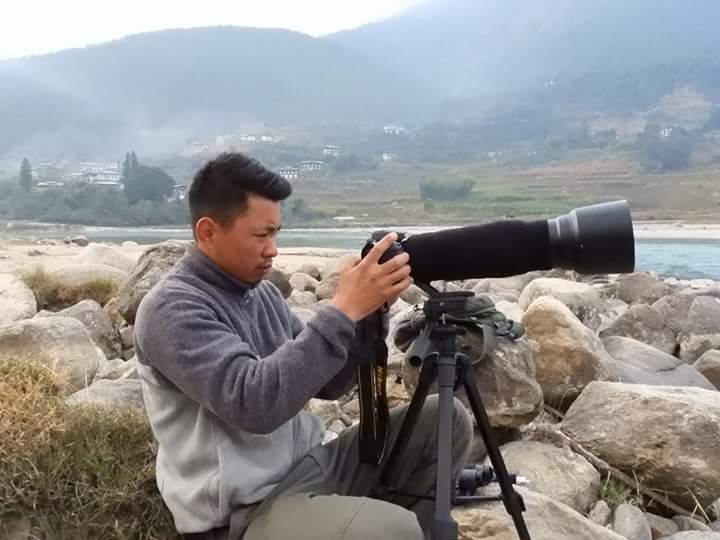
Tshering Tobgay – Bhutan
Tshering is an environmental science educator working on the conservation of otters in Bhutan. He is currently documenting the distribution and status of otters in Bhutan and planning on conducting further studies on several rivers in Bhutan.
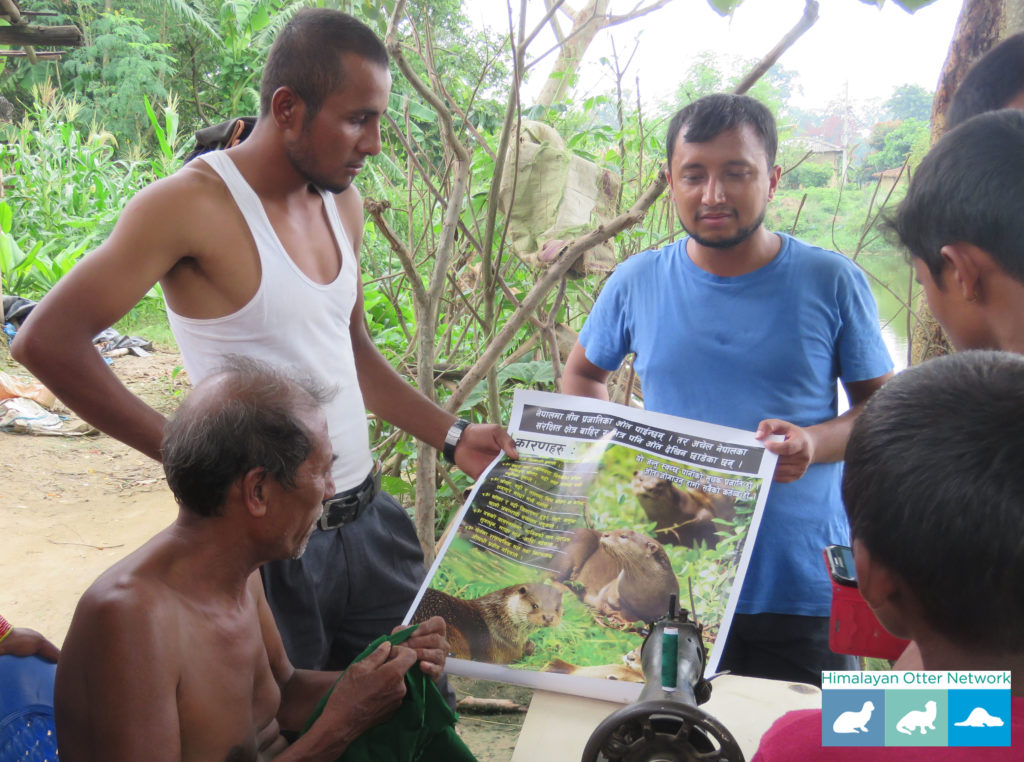
Sanjan Thapa, Nepal
Sanjan has been engaged in field work on fishing cats in the wetlands found in the foothills of the Himalayas, and plans to extend this work to otters in the area. He is also involved in outreach to local communities and school children, and has published an educational poster of the Otters found in Nepal.

Purna Man Shrestha, Nepal
Purna is a field biologist who has worked on surveys and conservation of various species in Asia, including snow leopards and red pandas. He attended the Asian Wetland and Otter Conservation Training Workshop in China in 2016.
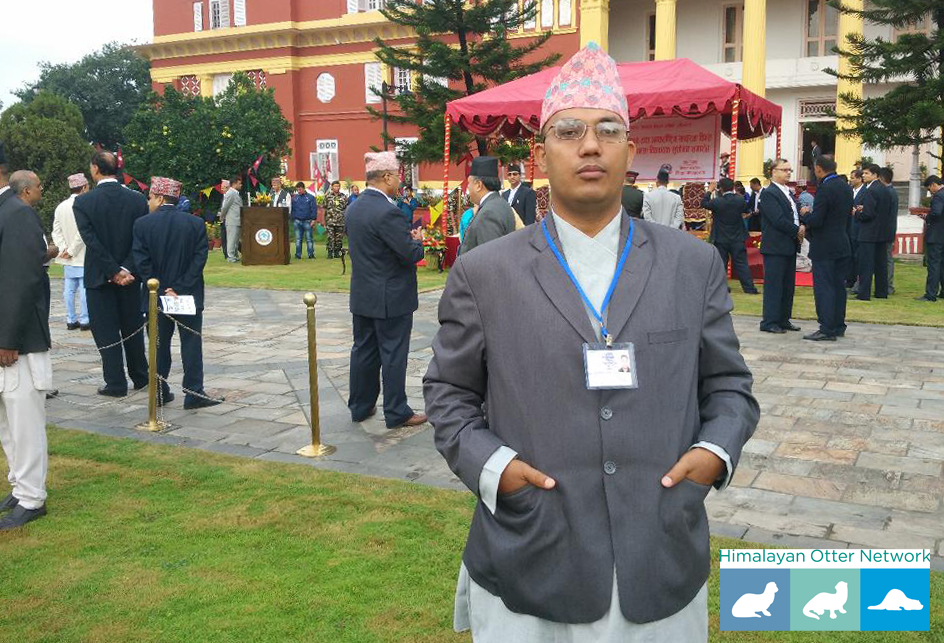
Dhruba Bijaya, Nepal
Dhruba is an assistant professor at Tribhuvan University, Pokhara. Since 2006, he has conducted surveys and conservation research on otters in the lakes of Nepal, working with Dr Jyoti Bhandari, which includes preparing booklets, pamplets and reports. In future he hopes to involve my students in this work.
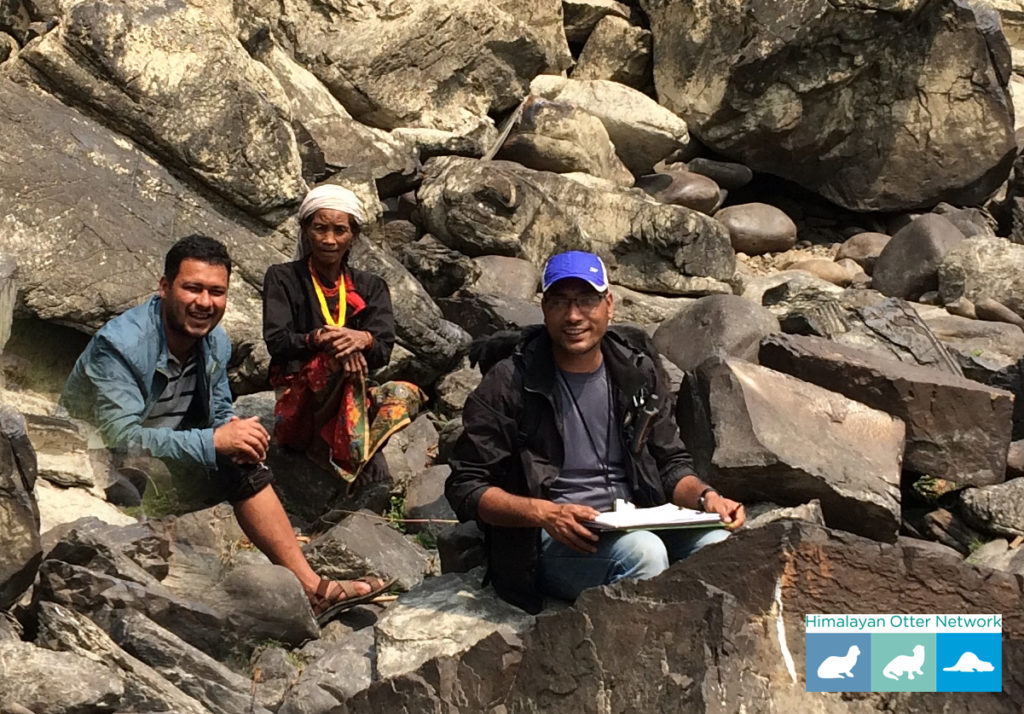
Mohan Bikram Shrestha, Nepal
Mohan, right, is a Conservation Officer with Wildlife Conservation Nepal and a charter member of the Nepal Otter Network. His work focuses on the illegal trade in wildlife, notably otters, in Nepal.

Rajesh Jha
Rajesh is studying the status of otters in Shuklaphanta Wildlife Reserve in southeastern Nepal and starting an otter awareness program for the community in the reserve’s buffer zone. Wildlife Reserves Singapore has granted an award to Rajesh in support of the project.
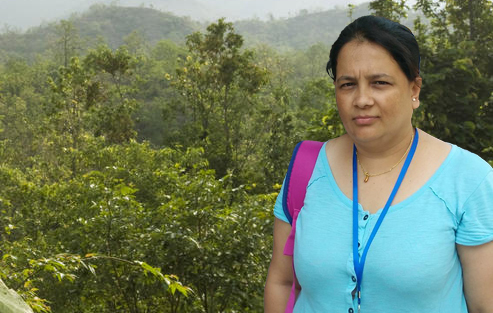
Dr. Jyoti Bhandari
Congratulations to Dr. Jyoti Bhandari for earning her PhD in the College of Resources and Environmental Sciences at China Agricultural University! Dr. Bhandari now has an appointment in the Institute of Forestry of Tribhuvan University. She is continuing to pursue her interest in otter research and conservation, and recently organized the first meeting of the Nepal Otter Network in Kathmandu in January, 2017, supported by a grant from Wildlife Reserves Singapore. The Nepal Otter Network aims to be a collaboration of Nepalese otter researchers and conservationists working to develop an Otter Conservation Strategy for the country.

Sunita Khatiwara
Congratulations to Sunita Khatiwara for her successful grant proposal to the Rufford Foundation for her project “Understanding human-wildlife conflict in Sikkim, Eastern Himalaya, India”. Sunita recently concluded the first survey for otters in Sikkim and found evidence of otter signs on both the Teesta and Rangeet rivers. Wildlife Reserves Singapore supported Sunita’s project “An Initial Survey and Conservation Awareness program for Otters in Sikkim, India.”
